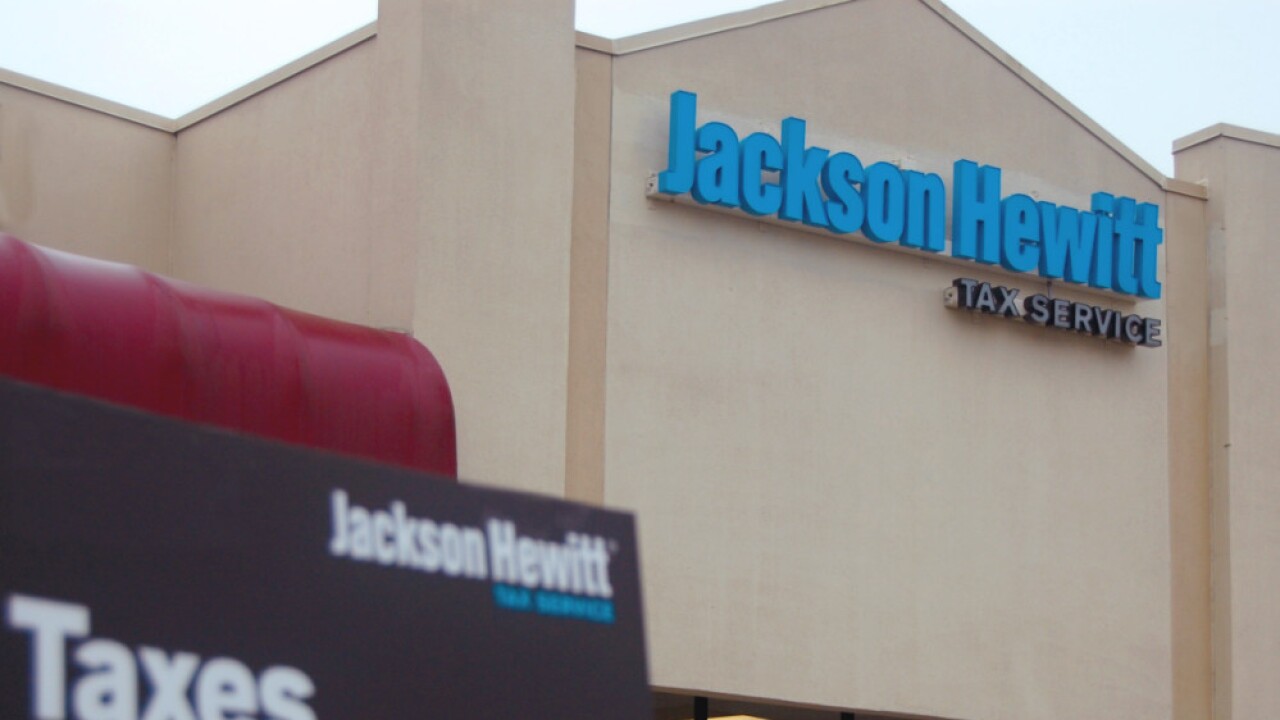Congress is considering new legislation that could streamline accounting procedures for tens of thousands of U.S. companies by liberalizing the rules for the use of the cash accounting method by small business taxpayers.
The bill, introduced by Sen. Olympia Snowe, R-Maine, dovetails neatly with President Bush's drive to streamline the federal tax code - a move that she said is needed to improve the efficiency of the U.S. tax system "and strengthen our overall economy."
The main thrust of her legislation, however, is to provide relief for small businesses from "the burdensome record-keeping requirements that they must deal with currently in paying their income taxes."
Some companies already enjoy such relief under rules set by Congress, allowing many small businesses with annual income under $5 million to use cash accounting.
Cash accounting recognizes revenue and expenses when cash is received or disbursed, as opposed to when it is earned or incurred.
Larger companies, however, are required to follow the accrual method of accounting, which Snowe said "tends to impose additional financial and administrative costs that should be eliminated."
Under her proposal, the "obsolete $5 million threshold" for the use of cash accounting would double to $10 million - a change that would allow many more small business owners "to satisfy their tax obligation in a cheaper, more efficient manner," she told lawmakers. As a result, these entrepreneurs "will be able to invest more time and resources into their business," Snowe said.
In urging other lawmakers to support her proposed accounting change, the senator argued that small businesses are overwhelmed by the complexity of today's tax system and by the burden of complying with unneeded accounting requirements.
According to the Small Business Administration's Office of Advocacy, "Small businesses spend more than 8 billion hours each year filling out government reports, and they spend more than 80 percent of this time on completing tax forms," she told Congress.
"What's even more troubling is that companies that employ fewer than 20 employees spend nearly $6,975 per employee in tax compliance costs, and this amount is nearly 60 percent more than companies spend with more than 500 employees," she said.
Snowe called these statistics "disconcerting," because "small businesses being required to spend so much money on compliance costs means they have fewer earnings to reinvest into their business."
As a result, she said, "they have less money to spend on new equipment or on worker training, which unfortunately has an adverse effect on their overall production and the economy as a whole."
In addition to easing the rules for small businesses in the $5 million-to-$10 million bracket, Snowe also wants to relax current restrictions on the use of cash accounting for companies that maintain in ventories. Currently, these businesses must use the more burdensome and expensive accrual method of accounting, even if their income is far below the $5 million threshold.
Significantly, however, she told the Senate that her legislation "will not give these taxpayers an opportunity to simply recover costs associated with these otherwise-inventoriable assets in the year of purchase. Rather, my bill would require these taxpayers to account for such costs as if they are a material or supply that is not incidental."
Since this standard already exists under current law, and it is one with which many small businesses are already familiar, she said that it would be a sensible way to "ease the existing compliance burden for eligible taxpayers and allow them to devote more time and resources to their business."
Snowe, however, made it clear that her bill is not designed to give small business a "free pass" at tax time. The accounting changes incorporated in her legislation "will not reduce the amount of taxes a small business pays by even one dollar," she said. "Rather, this bill simply permits more taxpayers to report income and account for costs in the year of the receipt or expenditure."





